Health Care
Featured Publication Chapter
Healthcare
We believe that effective healthcare policy should be transparent, equitable and patient-based.
Read More
July 11, 2024 • Commentary
How do we provide the best health coverage for Georgians?
Choice and competition in the health insurance market are not only good for consumers, but providers as well.

July 11, 2024 • Commentary
Examining Georgia’s health insurance marketplace
When Gov. Brian Kemp was sworn into office on January 14, 2019, the health insurance landscape in Georgia was dire.
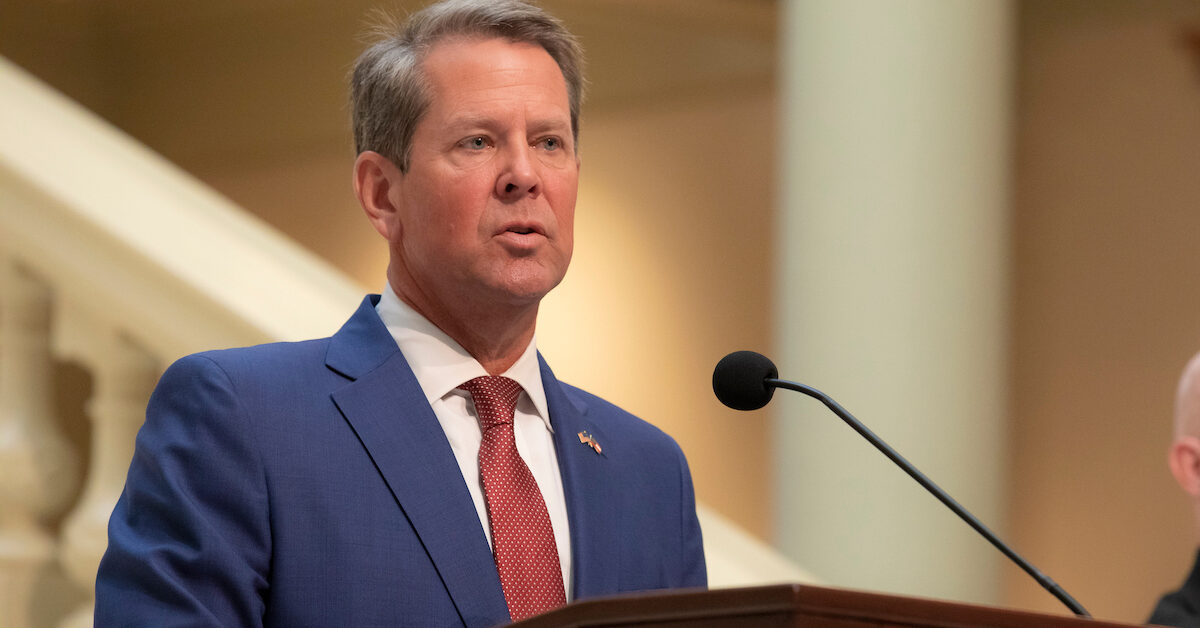
June 6, 2024 • Commentary
As competition decreases, the cost of healthcare rises
In Georgia, the four largest health systems currently account for 51.6% of hospital beds available statewide.
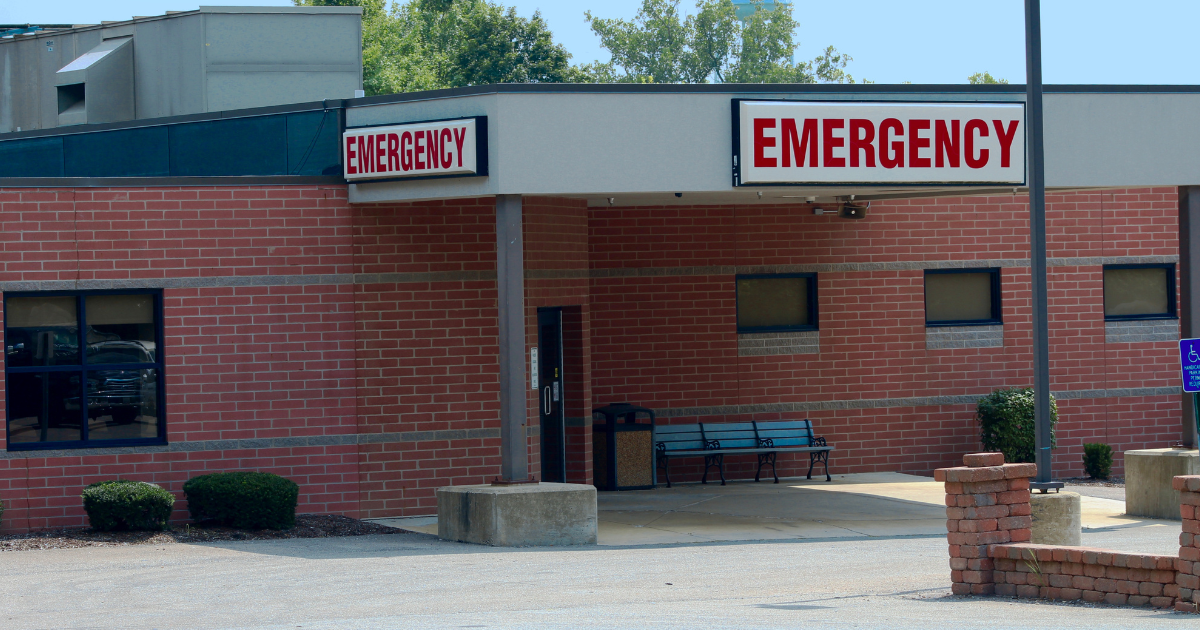
May 9, 2024 • Commentary
What does the FTC’s ban on non compete clauses mean for healthcare?
On April 23, the Federal Trade Commission voted to approve a new final rule banning most non compete agreements across the entire economy.

March 20, 2024 • Commentary
Existing service providers are always the loudest voices against change
It’s striking how much our debates over two of Georgia’s most important structural challenges are really the same argument with different jargon.

March 14, 2024 • Commentary
The state of CON repeal in Georgia
With only five legislative days remaining in the 2024 General Assembly, how are things looking for the effort to reduce Certificate of Need laws in Georgia?
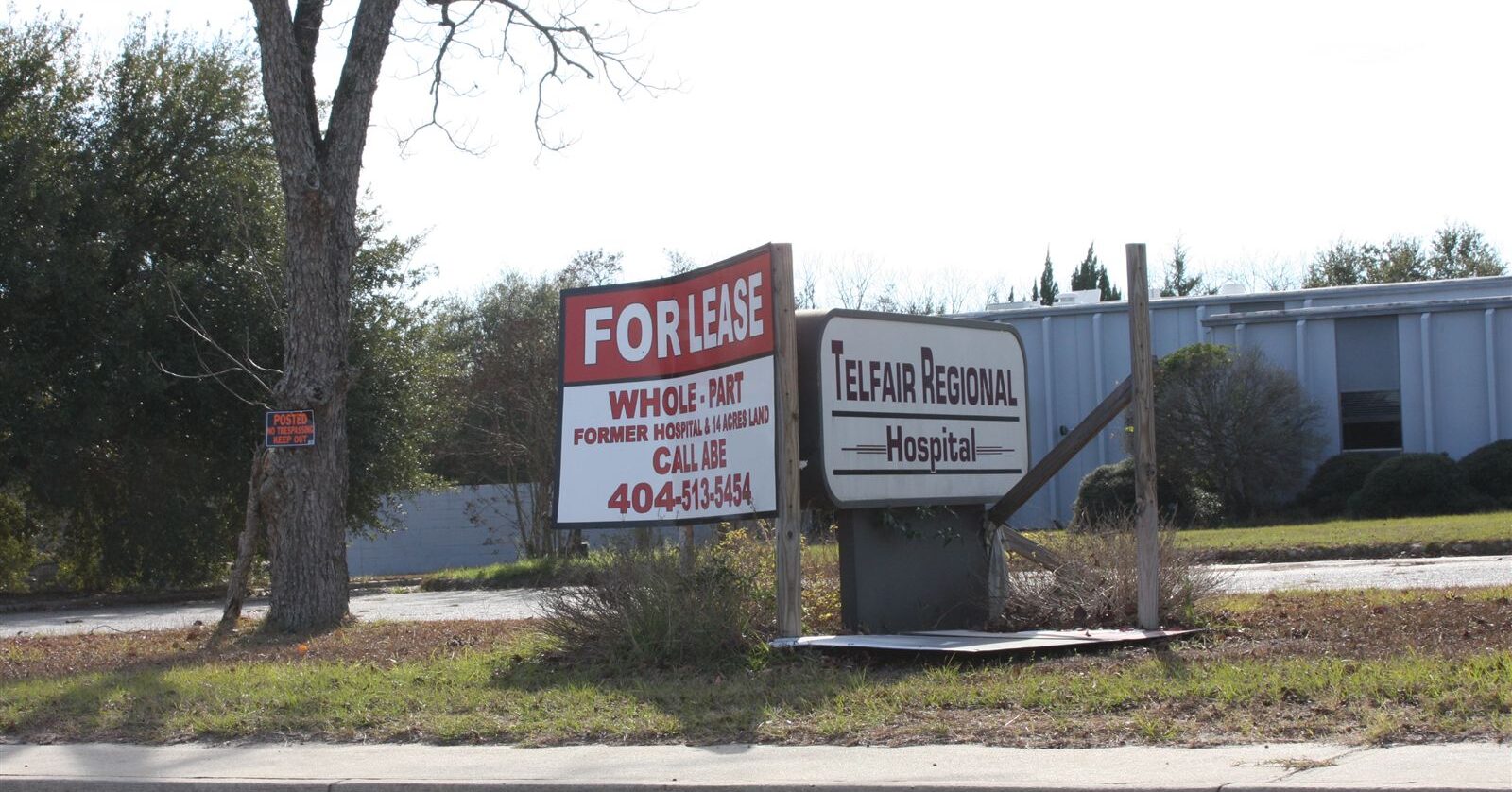
March 7, 2024 • Commentary
2024 legislative session enters final stretch
With Crossover Day now in the rearview and candidate qualifying ending this week, what will the final weeks of this session hold?
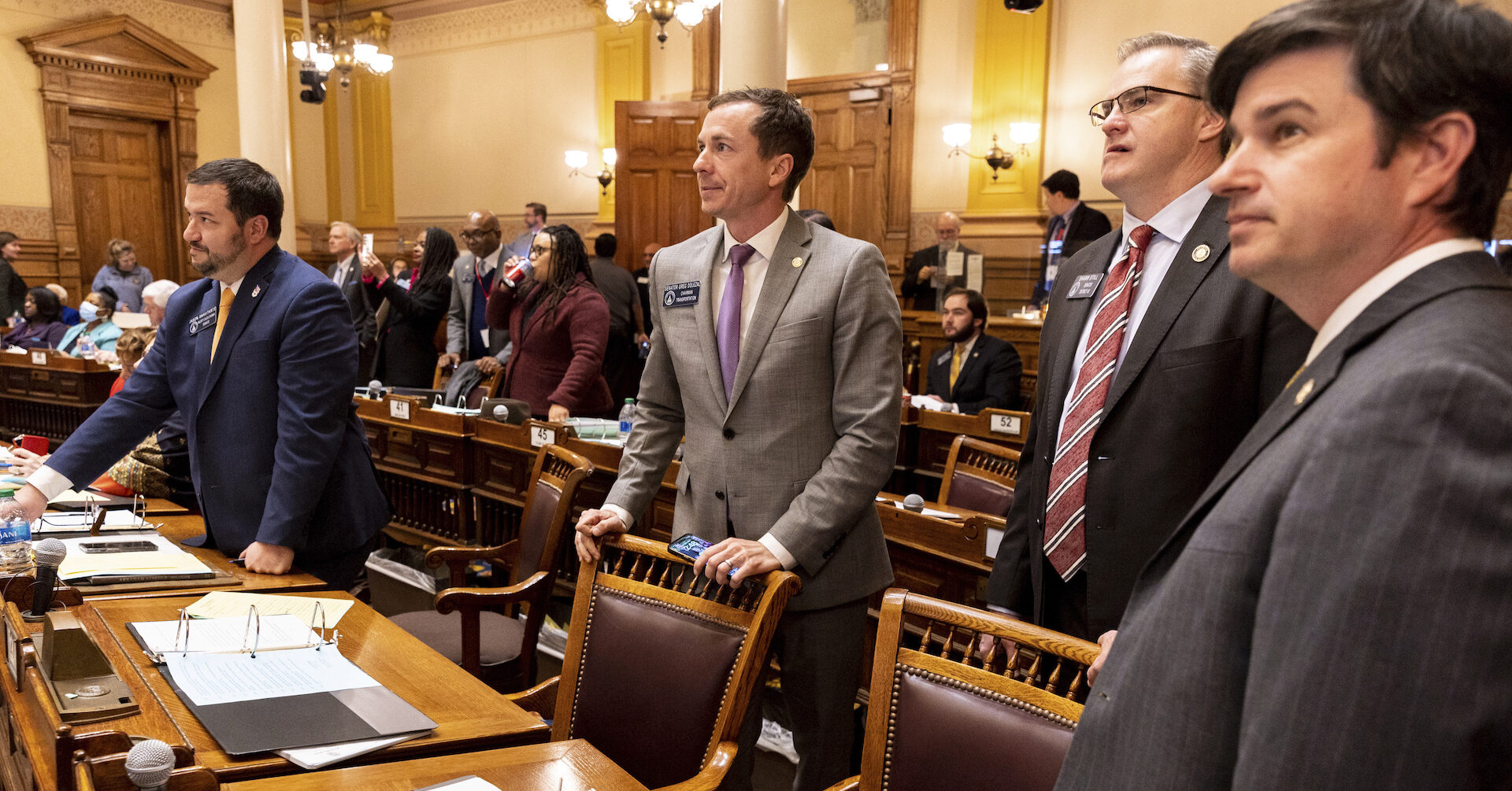
January 10, 2024 • Blog
This “could” be a big legislative session
While every session of the General Assembly – like every election – is billed as consequential, this time the hype could be right.

January 4, 2024 • Commentary
What will be the biggest issues during the 2024 legislative session?
For the first time since 2021, Georgia lawmakers won’t rush to gavel out on their first day and travel to the national championship game.
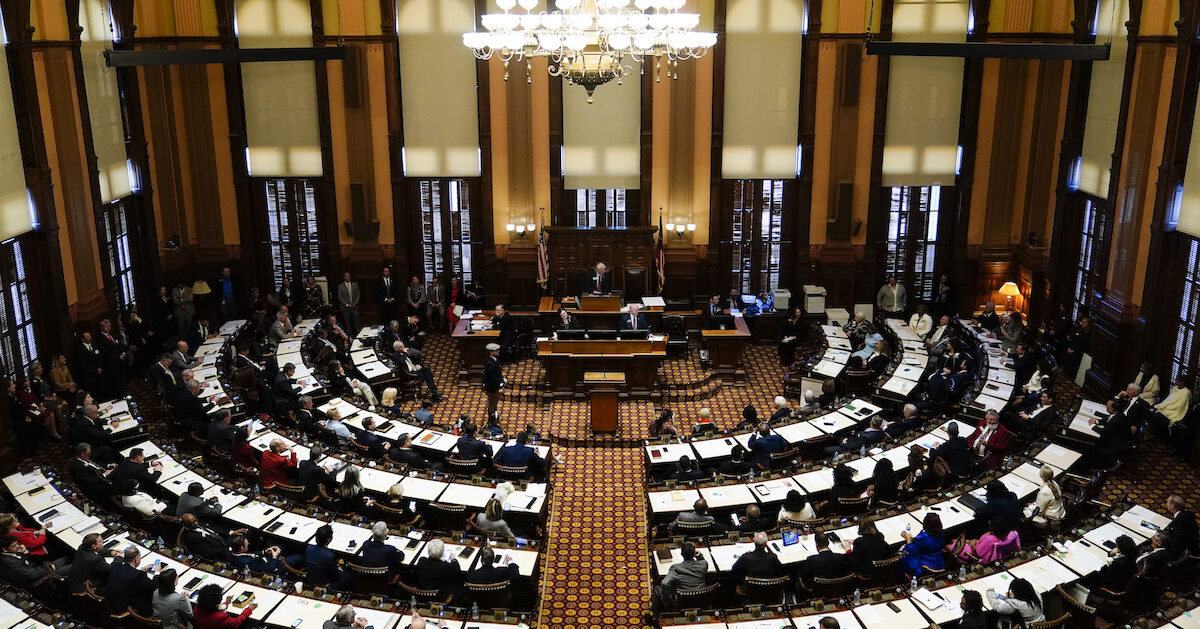
December 27, 2023 • Blog
11 biggest stories of 2023
As we prepare to welcome in a new year, here is a review of our most read and most shared stories of 2023.

December 14, 2023 • Commentary
Clarity in the need to repeal Certificate of Need laws
The Senate directive is short and sweet: “the Study Committee recommends that Georgia’s CON laws should be repealed in their entirety.”

December 7, 2023 • Commentary
Will Medicaid expansion make its way to Georgia?
Georgia policymakers may be asked to consider a potential expansion of the state Medicaid program using Arkansas as the model. But should they?

December 7, 2023 • Blog
Senate Study Committee recommends full CON repeal
The committees findings highlight how the CON process obstructs advancements in healthcare and creates anti-competitive environments.

November 2, 2023 • Blog
Not just hospitals: Georgia CON laws also limit medical technologies
Certificate of Need laws prevent healthcare providers from adding medical equipment without first receiving permission from the state.

November 1, 2023 • Blog
Original opponents of Georgia Pathways continue to oppose Georgia Pathways
Georgia Pathways is intended to improve on the mediocrity of Medicaid.
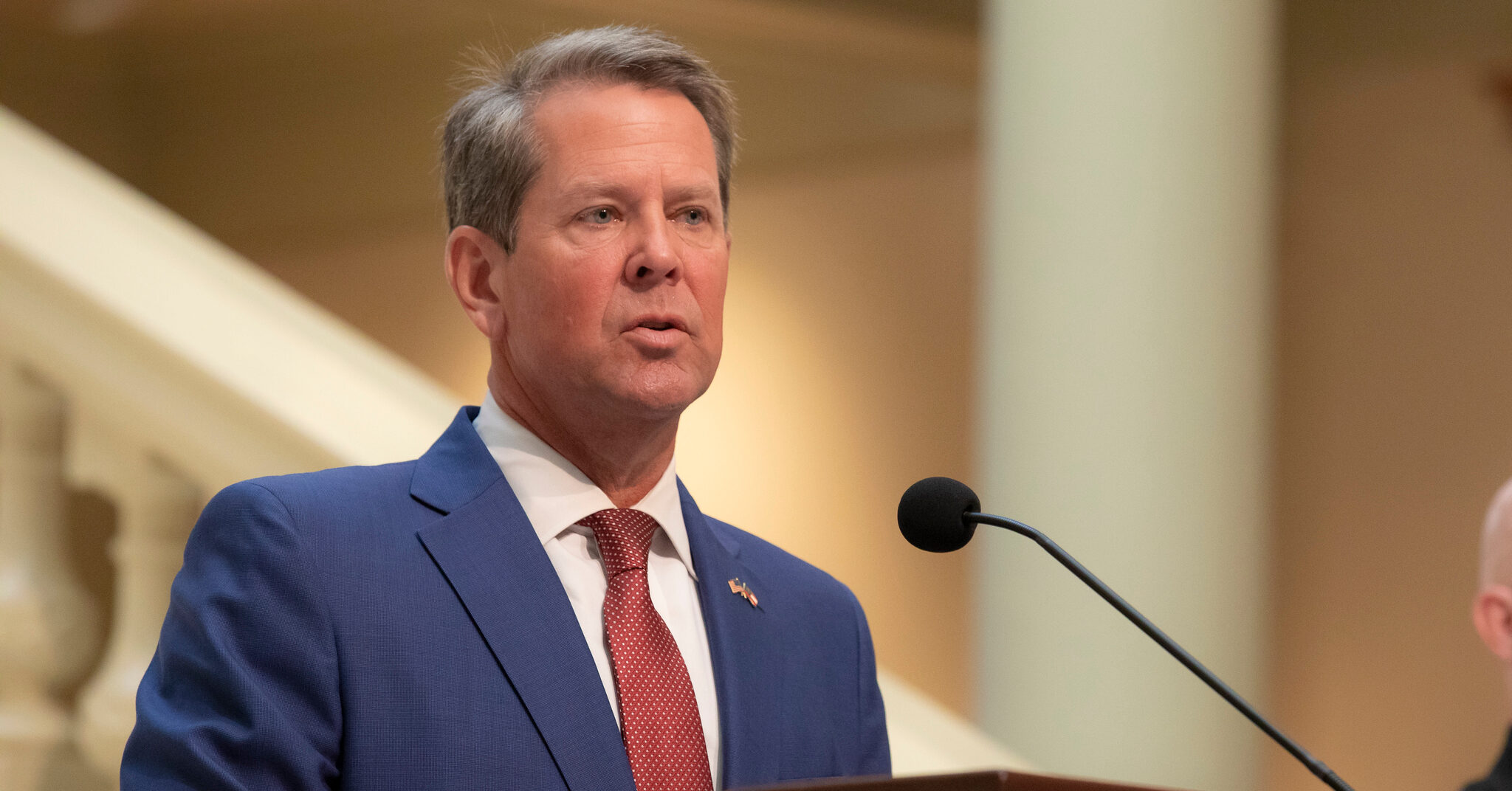
Friday Facts
For more than two decades, the Georgia Public Policy Foundation had published Friday Facts every Friday.
We provide the latest news from Georgia, commentary on the top issues of the day and the latest updates from the Foundation.
Stay informed by signing up below.